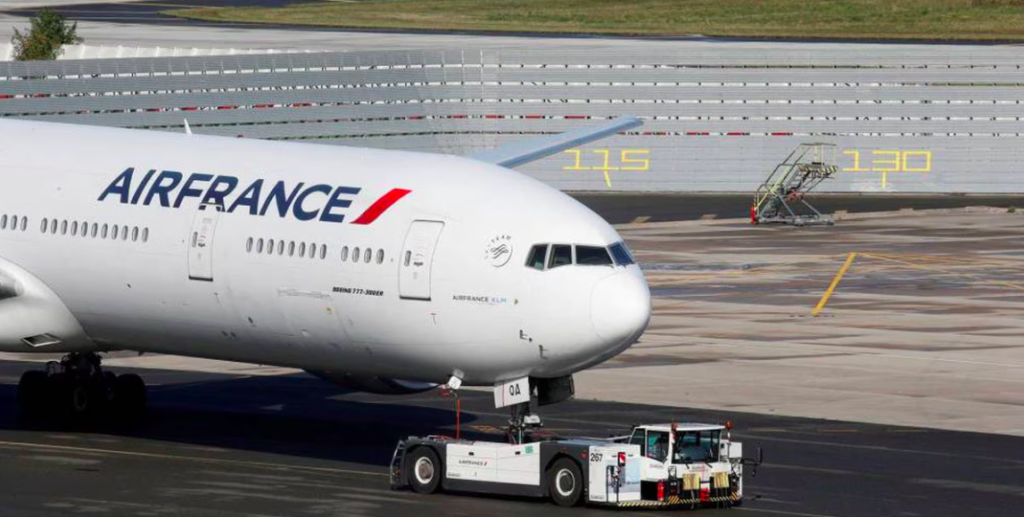
The French government has taken a positive step to reduce carbon emissions and curb climate change: it has passed a new law banning domestic air travel between cities that are connected by a train journey of less than two and a half hours. This rule will immediately affect air routes between Paris and Nantes, Bordeaux, and Lyon, since rail service allows travel between those cities to be made in less than two and a half hours.
The French government estimates that by eliminating these flights, it will be able to save approximately 68,000 tonnes of CO2 per year, a significant but modest amount when compared to overall aviation emissions. But it is a move that is being praised in a country where climate activism is on the rise.
The European Aviation Environmental Report of 2019 predicted that, without interventions, emissions from European planes would continue to rise until reaching 188 million tons in 2050 – 28% more than in 2019. It is clear that bold action must be taken to reduce such emissions, and the French government’s new law is a good start.
The French government has also been criticized by certain sectors of French climate activism for not going further in its efforts to reduce aviation emissions. By leaving out some airlines, whose flight times were shorter than two and a half hours but whose rail connections didn’t offer a sufficient alternative, it has failed to reduce aviation emissions to a greater degree.
Still, this doesn’t diminish the significance of the move, which is a step in the right direction in terms of reducing air travel and improving the outlook of our planet’s future. Other countries in Europe, and perhaps even further afield, may soon follow in France’s footsteps in the fight against climate change.




